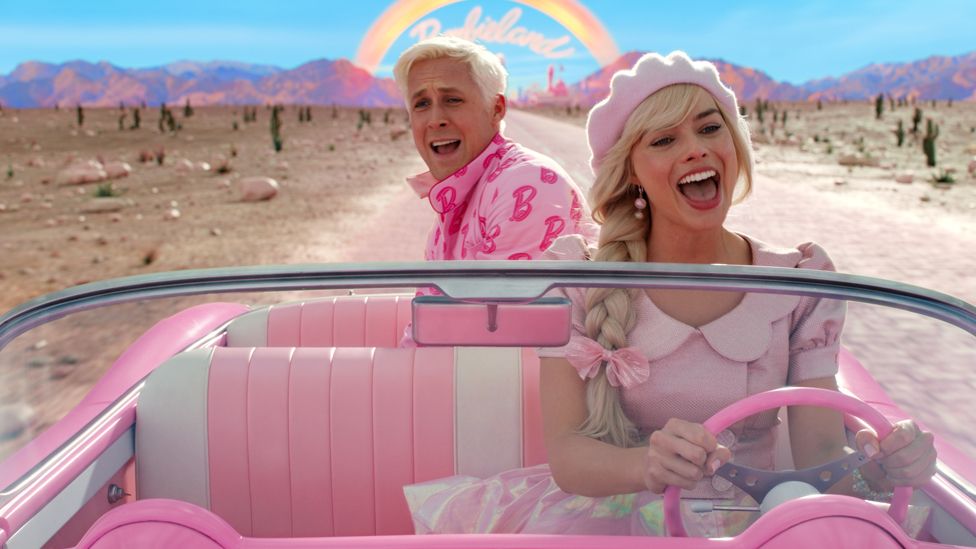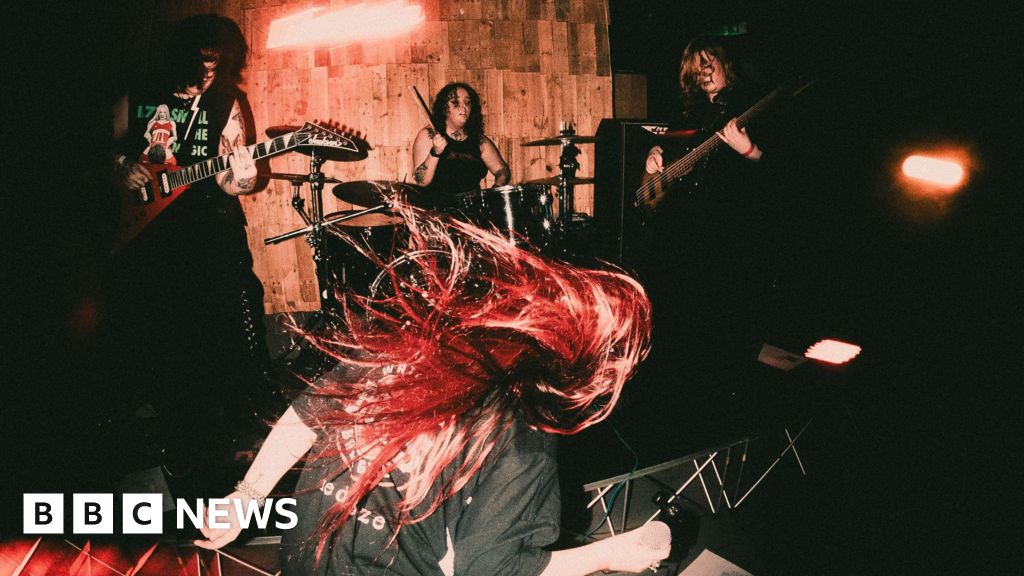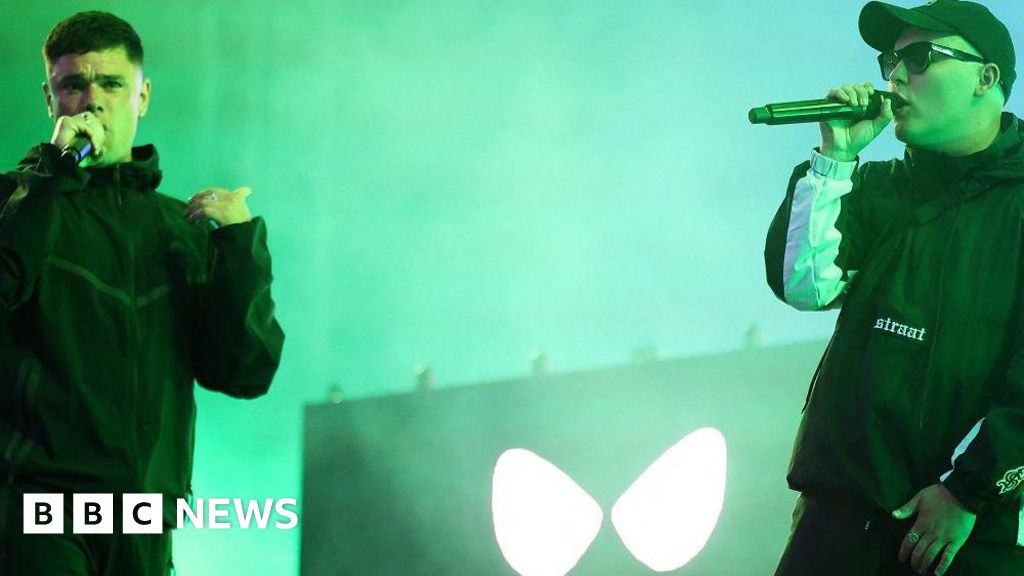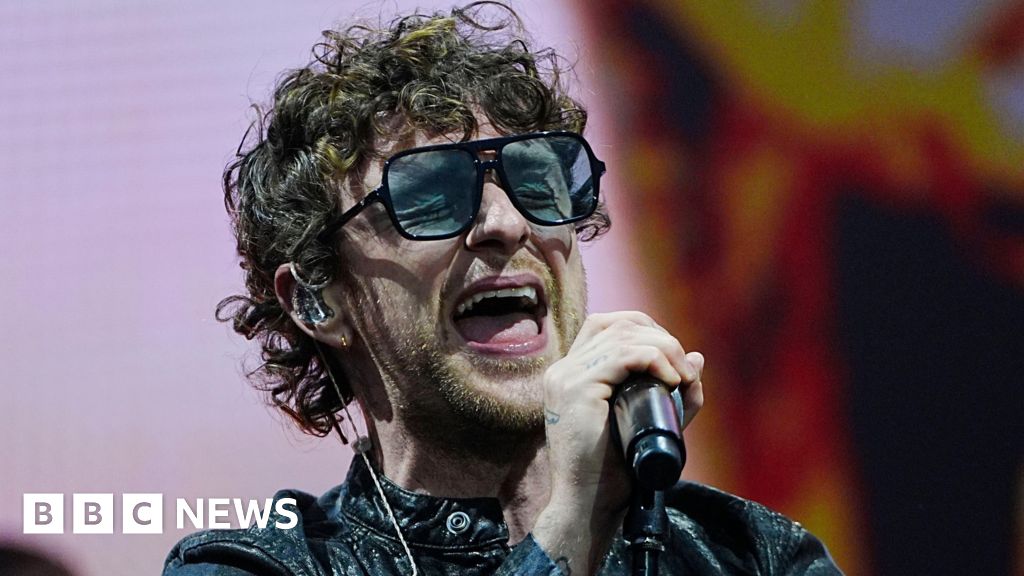ARTICLE AD BOX
 Image source, Warner Bros. Pictures
Image source, Warner Bros. Pictures
It feels like everyone's been living in a Barbie world thanks to the film's massive marketing campaign
By Bonnie McLaren
BBC Newsbeat
Come on Barbie, let's go party.
After months of build-up on social media, the Barbie movie is finally released next week.
Fans are planning bottomless brunches and parties for 21 July, and over the past week Margot Robbie has been gracing global premieres in outfits inspired by real life Barbie dolls.
The film contains some of the world's most famous actors - Ryan Gosling, Helen Mirren, Issa Rae and the new Doctor Who Ncuti Gatwa.
And if that wasn't enough, the soundtrack's been produced by Mark Ronson and includes tracks from the likes of Dua Lipa, Tame Impala, and Nicki Minaj and Ice Spice who've combined to sample the original Barbie Girl by Aqua.
But if you feel like you've been invited along to the Barbie party, then it hasn't happened by accident.
Because it's not just the stellar cast, soundtrack or reviews that have got people talking - the film's marketing campaign has also been huge.
Image source, Getty Images
Image caption,Margot Robbie wore a custom Vivienne Westwood outfit inspired by a 1960 Barbie at the London premiere
Pink billboards - which only contain the film's release date - have appeared in cities worldwide and a pink Barbie DreamHouse even appeared in Malibu, which superfans could rent on Airbnb.
And the Barbie party also swept into London this week for the film's premiere on Wednesday.
Barbican tube station was renamed Barbiecan and a pink Doctor Who Tardis also appeared at Tower Bridge.
And that's not to mention the hundreds of licencing tie-ins - from shoes to clothing collections to even Barbie Xbox controllers.
So if you feel like you've been seeing Barbie everywhere, you're not imagining things.
This Twitter post cannot be displayed in your browser. Please enable Javascript or try a different browser.View original content on Twitter
The BBC is not responsible for the content of external sites.
For BBC Radio 1's film critic Ali Plumb, the film's campaign has been everywhere because Mattel - which owns the Barbie brand - are selling more than just a movie.
"What you're seeing isn't just a promotion for the film," he tells BBC Newsbeat.
"It's for the Barbie brand for everything pink and the colour.
"So you might think hang on this marketing is all over the place. And it's doing so well, I'm seeing it everywhere."
Another thing Ali thinks has helped the film are the posters, which people could edit themselves into and "encouraged a lot of people to make their own".
He says Barbie's marketing campaign is a stark contrast to Christopher Nolan's Oppenheimer, which is released on the same day.
And while lots of people are planning to watch both on 21 July - in what's been dubbed Barbenheimer - Ali says Oppenheimer has taken a more traditional approach.
"That's a movie about the man who helped create the Manhattan Project and the atomic bomb," he says.
"So you can't sell toys off the back of that you can't sell fishing rods and shirts and hats and whatever random stuff they might be selling - it's just the movie."
Image source, Getty Images
Image caption,People were even talking about the film in June 2022 when Margot Robbie and Ryan Gosling were snapped filming scenes
Moshe Issacian is a senior brand consultant who complied a viral Twitter thread listing many of the Barbie marketing stunts and licencing deals.
And if the campaign has felt like it's been going on for ages, he says the planning has been years in the works.
Moshe, who's worked with Nike and Amazon, says many of the deals have been "a year, two years in the making" and that Mattel have been "very good at being selective".
"It doesn't just feel like the regular licencing deals," he says.
"It's more like [they're selling] Barbie's lifestyle plan now, like this is how Barbie would dress up talk, the things she would eat, what kind of candles she would have in her house.
"These are things that mostly an older generation care about."
Ali also thinks the film has an older, and wider, appeal than who the dolls are marketed at - partly because it's being directed by Little Women's Greta Gerwig.
In one teaser clip Barbie asks her fellow dolls if they ever think about dying, and Ken asks Barbie if he can stay round her house - much to Barbie's bemusement.
"It doesn't feel to me like children will be watching a children's film. In fact, and this is just a guess, I suspect young children will be bamboozled by it."
In contrast to the marketing side of things, there's also been a level of secrecy around the actual film itself.
BBC News hasn't been able to watch it yet but the few reviews that are out there are largely positive.
So, after months of build up - is the expensive advertising campaign is going to pay off?
"I think the opening weekend for Barbie is going to be huge even if it ends up being badly reviewed, and I don't think it will be," Ali says.
"The excitement is at such fever pitch that it's guaranteed I think to have people in cinemas watching it, if only to see the big names.
"But also so they have their own thoughts on the thing that will be the discussion topic in pop culture for the summer."

 1 year ago
35
1 year ago
35








 English (US) ·
English (US) ·